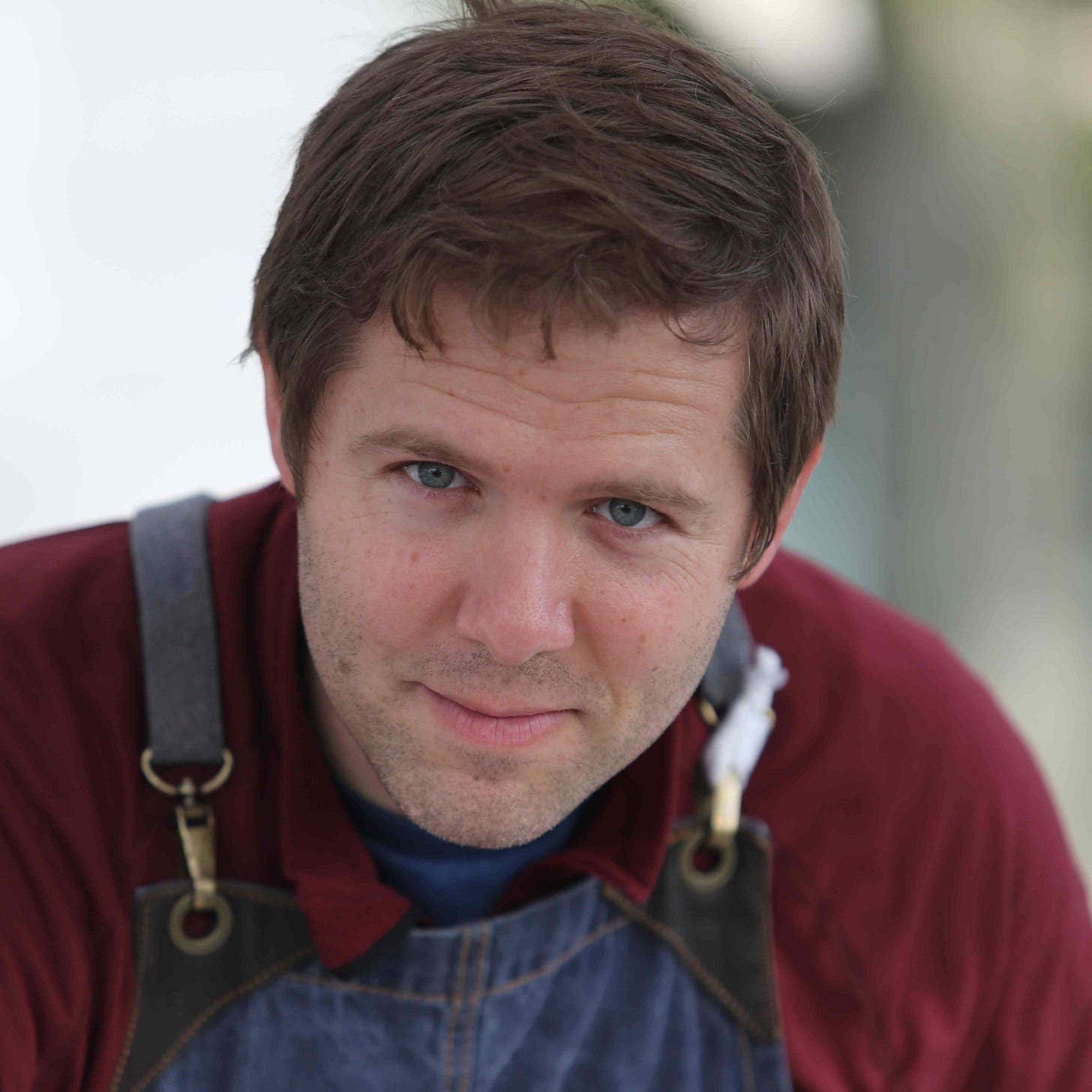I love oysters. I love the surprise when I shuck oysters during cocktails at dinner parties. I love that my beautiful wife Karen agrees that oysters are an aphrodisiac. I love telling kids that slurping a raw oyster is like eating snot. I love freshly shucked oysters at a bar in New Orleans, although I never loved The Oyster Bar in Grand Central Terminal.
“As I ate the oysters with their strong taste of the sea and their faint metallic taste that the cold white wine washed away, leaving only the sea taste and the succulent texture, and as I drank their cold liquid from each shell and washed it down with the crisp taste of the wine, I lost the empty feeling and began to be happy and to make plans.”
I am enchanted by the old time oyster history of New York City. Oysters were THE street food of NYC. But . . . New York City ruined its oysters with overconsumption, by expanding the boundaries of the city into oyster beds, and, of course, with pollution (raw sewage isn’t great for oysters or anyone else).
I’ve swam many swims in the Hudson River and New York Harbor, and I’ve always supported initiatives to clean NYC’s waters (which have generally been effective). Along the way, I fell in love with how oysters clean the water without pay or complaint.
When I wrote the Kelp edition of this newsletter, I had a hunch oysters were on deck. And the more I’ve learned, the more I think we should consider oysters an important category of climate-forward protein with tons of growth potential.
Modern oyster cultivation captures carbon from the atmosphere and sequesters it in the oyster shells, which results in a carbon negative food source according to some researchers. Other researchers question whether the net carbon impact of oyster farming is better than neutral. But there appears to be consensus that oysters grown properly are at least carbon neutral. Oysters thoughtfully produced are therefore a Carbon Negative Food that is available to you today.
If industrial beef (not the regenerative kind) is responsible for 15% of U.S carbon emissions, imagine the impact if we converted a portion of America’s animal protein from industrial beef to Carbon Negative oysters?
The climate benefits are just the beginning. Communities are already repopulating coastal waterways with oysters, such as the Long Island Sound and the Chesapeake Bay, because one oyster can filter more than 50 gallons in a single day, acting as a natural filtration system. Oyster reefs protect coastlines from storms and provide habitats to aquatic plants and animals. Raising oysters consumes no land or fresh water, can be done with nearly no inputs, and creates jobs and economic activity.
Oysters are low in mercury yet high in omega-3s, low in calories yet loaded with nutrients (including lots of protein, healthy fats, vitamins, and minerals). Luckily, our waterways would cheerfully support orders of magnitude more oysters.
Does this sound magical? That’s the promise of oysters. Like drinking BrewDog beer, it is your patriotic duty to eat as many oysters as possible, as a lever to reverse climate change.
Eat your oysters! With love!
Who should we watch?
Skip Bennet, of Island Creek Oysters. Island Creek claims to “grow the finest oysters in the world and have a damn good time doing it.” Free shipping!
Bill Dewey, the Director of Policy for Taylor Shellfish Farms, which provides “customers with the best shellfish the Pacific Northwest has to offer.” Taylor’s oysters are considered “best choices” by the Monterey Bay Aquarium’s Seafood Watch Program.
Dr. David Moore, of the University of Manchester. Shellfish cultivation, rather than tree planting, holds the key to carbon sequestration and the bid to battle global warming, according to Dr. Moore.
Michael Doall, the Associate Director for Bivalve Restoration at Stony Brook University’s School of Marine & Atmospheric Sciences. Doall is “working to restore … oyster populations to Long Island’s coastal waters in order to improve water quality, commercial shellfisheries, and overall ecosystem health.”
Peter Stein, the founder of Peeko Oysters, who “traded desks for docks”, and who wants us to imagine that perhaps oysters are vegan. What?
Ryan! I can’t talk about oysters without mentioning my fishmonger, Ryan (from Pura Vida Fisheries at the Pleasantville Farmers Market). Ryan is a good man.
Who else inspires you? Send your ideas!
Product Review: Roasted Oysters at The Tavern at GrayBarns
If you want to be happy, I recommend celebrating an early summer birthday with people you love at the Tavern at Graybarns in Silvermine, CT. And be sure to pair the Sauvignon Blanc with the insanely great roasted oysters.
I’m normally a purist, eating my oysters fresh and raw. But these roasted oysters are hospitality at its best. Enjoy!
Your Feedback
Sid Singh, a colleague from the early days of BrightFarms said “…cannot tell you how many times I’ve referenced the Stockdale Paradox. That and “good decisions, quickly” help me find center. Thank you for those BrightFarms principles.” I’m happy to be reminded of how long I’ve believed in the Stockdale Paradox.
Ludovica Ferme (again): “LOVED this edition! Such optimism! Such encouragement! Hopefully everyone of your readers is an entrepreneur and/or venture capital (or investment fund of some type) and they all get moving NOW.”
Michael Conway of Food Future Co. told me he gets bogged down by the pessimists, which is why he likes working with startups, which he believes are “more opportunistic and optimistic.” I agree! Thanks for your feedback, and I look forward to working together with some great food startups.
What’s your feedback on this edition of the newsletter? Let me know!
For Your Further Consideration
Companies bet carbon labels can help the climate. Will consumers catch on?
Carbon Sequestration Potential of Shellfish
Oyster Farming May Be Even More Environmentally Friendly Than Previously Thought
Can Clams and Oysters Help Clean Up Waterways?
How Carolina is reducing its carbon footprint with oyster shells and marsh grass
Resiliency Benefits of Oyster Reefs
Greenhouse gas emissions from food systems: building the evidence base
Why food brands have a golden opportunity to be stewards of the environment
McCain Foods commits to regenerative agricultural practices for all its potatoes by 2030






A couple of readers have pointed out my sin of omission in not shouting out to the Billion Oyster Project. https://www.billionoysterproject.org/ They're restoring Oyster Reefs in NY Harbor.